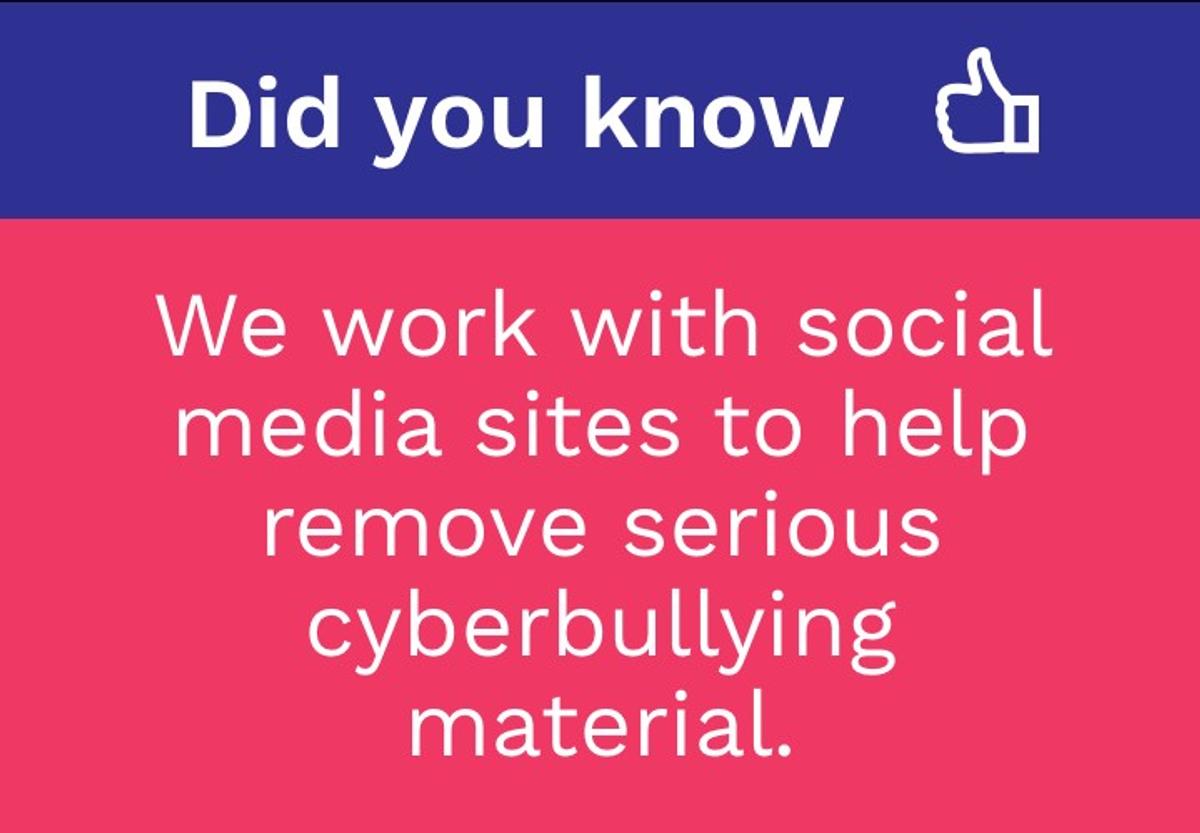Pastoral Care

Social Media Readiness
From the Office of the eSafety Commissioner
Is my child old enough to use social media?
Both the physical age of your child and their level of maturity and resilience can impact their ability to handle social media, but as a rule, each social networking site and app has its own criteria for minimum age requirements. Some services cater for more adult audiences (i.e. dating sites). We have a comprehensive list of the age requirements for social networking sites in our Games, apps and social networking section.
Why is 13 the minimum recommended age?
Most sites require users to be at least 13 years of age before they can register, although some sites, such as Club Penguin, are created especially for children under 13. Generally, the 13-year age requirement is not necessarily because the site is unsafe for children to use but to comply with a US law – the Children’s Online Privacy Protection Act of 1998 (COPPA), which prevents collection and storage of personal information from children under 13 years of age.
How do I know if my child is ready to use social media?
We suggest considering these questions to determine your child’s readiness for social media.
Is your child able to withstand taunts from others?
If you think your child will become very upset if they have a negative experience online, then you may need you to guide them through the use of social platforms. If you give them permission to establish a social media account, then look through their profiles and public feeds together, talk about how some people behave differently online and teach them how to filter abusive comments, block and report people.
Does your child understand what’s safe to put online?
If you're concerned that they may post personal information that allows people to identify and locate them—even after you have talked through the dangers—then they may need your help to use social networking sites. Talk about the risks of 'checking in', posting sexy or flirty pictures, meeting online friends in person, making offensive comments, and what is not acceptable.
Does your child understand the importance of protecting their personal information?
Explaining to a child why privacy is important can be difficult. We suggest explaining what personal information is and that it can also include their mobile number, pictures, workplace name and shifts, sporting club and game schedule, holiday dates, credit card details and banking information.
Remind them that if personal information is not protected then it creates a risk that others, including strangers, can find out where they are, use their private information to hack into their computer or profile accounts and steal their identity and other valuable information. They may open themselves up to being impersonated online, where someone can cyberbully or reveal unwanted information, and send threats, mean messages or embarrassing photos as if the child themselves were engaging in this activity. Let them know that once their personal information is made public, it is almost impossible to control or get back.
Are you worried that your child will feel left out if they aren’t on social media?
If you are worried your child will be left out but also concerned that they aren't ready, you can compromise by letting them have social networking accounts if they follow strict rules—including only using sites when you supervise them or you control their login. In return, you may promise not to comment publicly on their profile or posts.
Does your child know how to report abuse or offensive content?
It is possible your child may experience some form of online harassment. It is important that you know how to manage and report this behaviour. If not, together with your child visit the safety centre of the site they are on to ensure they know how to block and report people. A comprehensive list of site safety centres can be found on the Social media services' safety centres page.
How do you plan to supervise your child on social sites?
It is important to supervise your child’s activity, so discuss with your child about how they would like to monitor their online social activity. It may be tricky having this conversation, particularly with teens, but it is important to gain their agreement with the monitoring option you eventually choose.
This could include being their 'friend' or having access to their login details, but be prepared to learn more than you might like about their friends – try to withhold comment unless you are worried about safety, rather talk to your child if you have concerns as it can cause them embarrassment and break their trust, or may prompt them to use a separate profile without your knowledge.
Games, apps and social networking.
Games, apps and social networking sites are popular among children and adults alike. Learn about the latest apps, how to protect your information and where to get more safety guidance. All information provided is factual and it is up to each individual to decide whether an app, game or social networking site is appropriate for themselves and their family. Any app or game that allows users to interact with others, including people they may not know, presents a potential risk of unwanted contact.
More information on this topic can be found at: https://www.esafety.gov.au/education-resources/iparent/staying-safe/social-networking/social-media-readiness
The Pastoral Care Team



